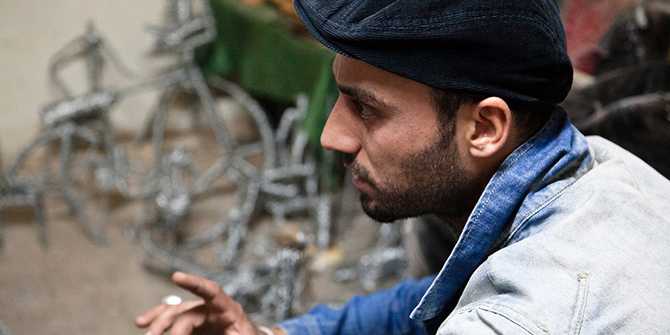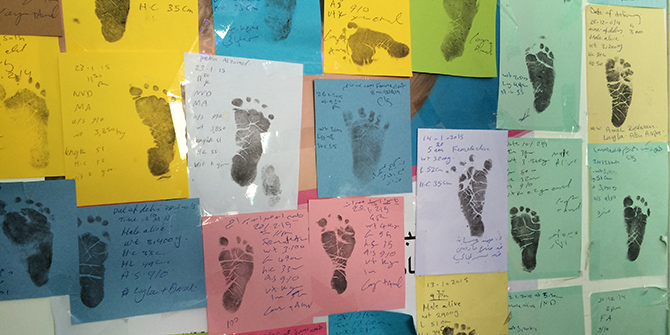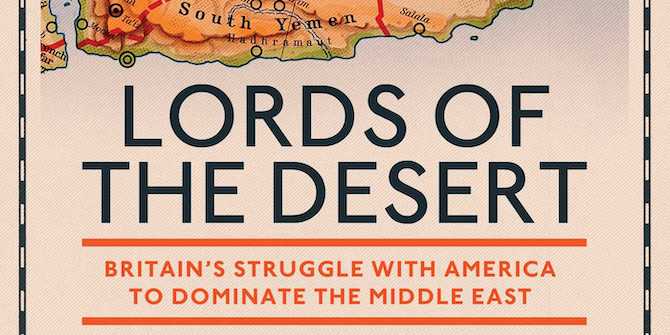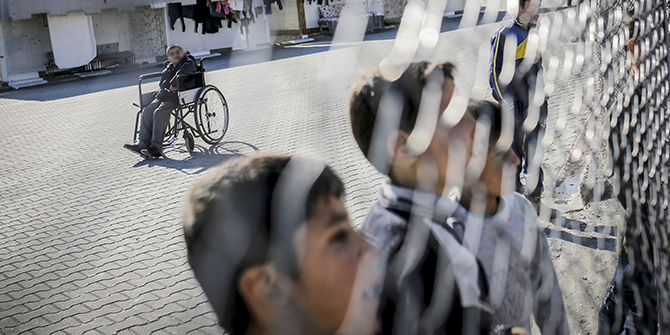by Rana B. Khoury
#LSERefugees
This paper was presented at a workshop on ‘The Long-term Challenges of Forced Migration: Local and Regional Perspectives from Lebanon, Jordan and Iraq’ organised by the LSE Middle East Centre in June 2016. It was published as part of a collected papers volume available in English and Arabic.

In the wake of multiple civil wars throughout the 1990s, analysts came to associate cross-border warfare and the spread of civil wars with refugee violence. In the last decade of massive displacement from Syria and Iraq, activism among refugees is evident, but violence much less so. As conflicts in the Middle East bring the worldwide toll of refugees to record highs, can our conceptualisations account for different types of refugee-related politics? I propose a unified conceptual framework that foregrounds the displaced as claim-makers excluded from formal politics, and generates types of refugee contention along key dimensions. A description of one type – activism – among Syrians in Jordan illustrates this form of politics and suggests how policymakers can approach the agency of refugees.
The analytical divide that has long existed between those who view refugees as purveyors of violence, and those who view refugees as subjects of violence, is increasingly overcome by our recognition of the displaced as political agents, even if refugee flows constitute legitimate security threats. Nevertheless, the concepts invoked to capture these agential potentialities are often made to travel too far, their meanings broadened and their precision reduced. For instance, scholars have used the term ‘social movements’ to describe efforts to acquire healthcare and education, rather than mass episodes of contention. Similarly, cases of what are described as ‘refugee warriors’, include everything from local defence units to genocidaires.
Such conceptual stretching has occurred in the absence of a unified approach to replace the victim/warrior paradigms. I propose a new framework – contentious politics – that accounts for refugee agency but also for disparities in power between them and powerful authorities. Contention is the collective actions of claim-makers on systems of authority through non-institutional channels. In the first instance, refugees are outside institutional channels because their relationship with the state has been severed and they are deprived of the associated protections of citizenship. Although the international refugee regime pursues protection for refugees, in fact many remain excluded from formal politics due to the vast variation in legal protection afforded by countries of first asylum and the elusiveness of the three durable solutions – repatriation, resettlement and local integration – the corollary of which is protracted situations, of which there were 33 in 2014 accounting for nearly half of refugees worldwide.
Accordingly, I propose a descriptive typology of refugees’ contentious behaviour that takes as its starting point refugees as claim-makers in exclusion. …continue reading
Download the paper in English | Download the paper in Arabic
Rana B. Khoury is a PhD candidate in Political Science at Northwestern University. She tweets at @rbkhoury.
Other papers in the series
- Syrian Refugees in Lebanon: A Turning Point?
Mireille Girard
- Syrian Refugees and the Kurdistan Region of Iraq
Hayder Mustafa Saaid
- Iraqi and Syrian Refugees in Jordan Adjusting to Displacement: Comparing their Expectations towards UNHCR and their Capacities to use their Educational Assets
Géraldine Chatelard
- The Informal Adaptive Mechanisms among Syrian Refugees and Marginalised Host Communities in Lebanon
Nasser Yassin & Jana Chammaa
- Relations Between UNHCR and Arab Governments: Memoranda of Understanding in Lebanon and Jordan
Ghida Frangieh
- The Syrian Humanitarian Disaster: Understanding Perceptions and Aspirations in Jordan, Lebanon and Turkey
Dawn Chatty
- The Syrian Refugee Crisis: A Global and Regional Perspective
François Reybet-Degat






